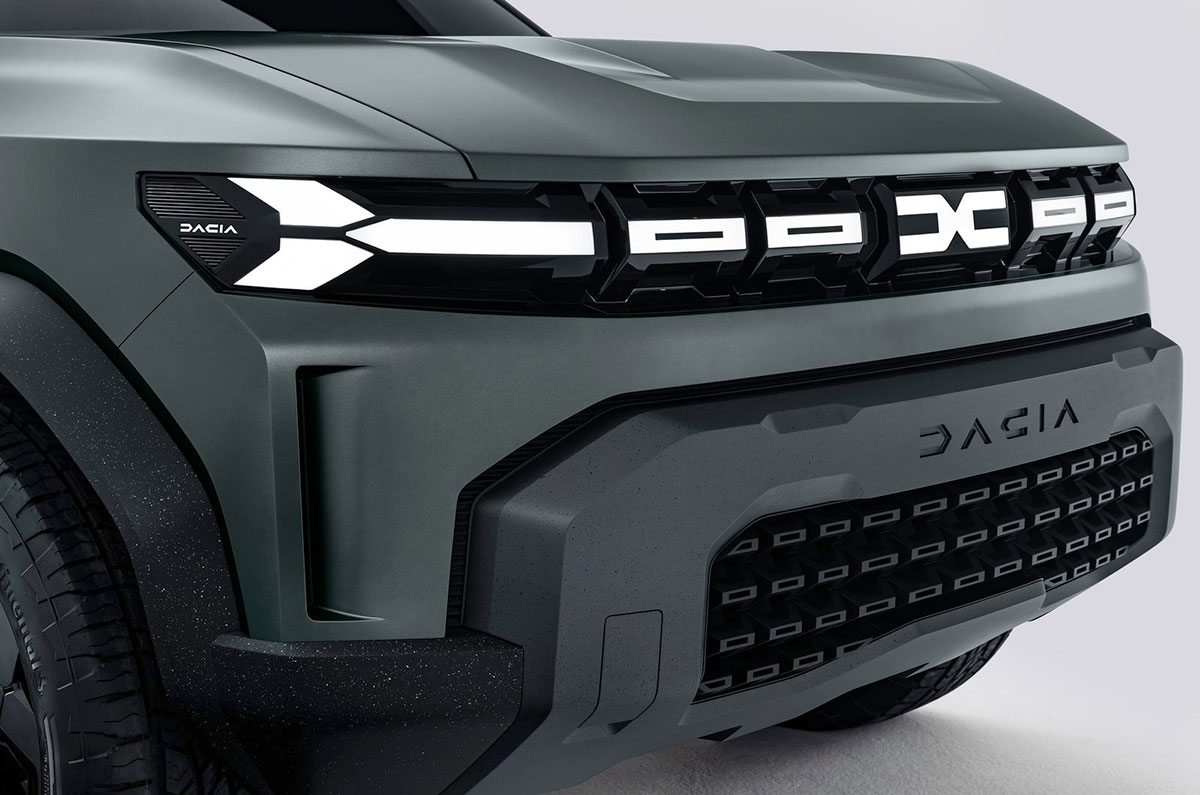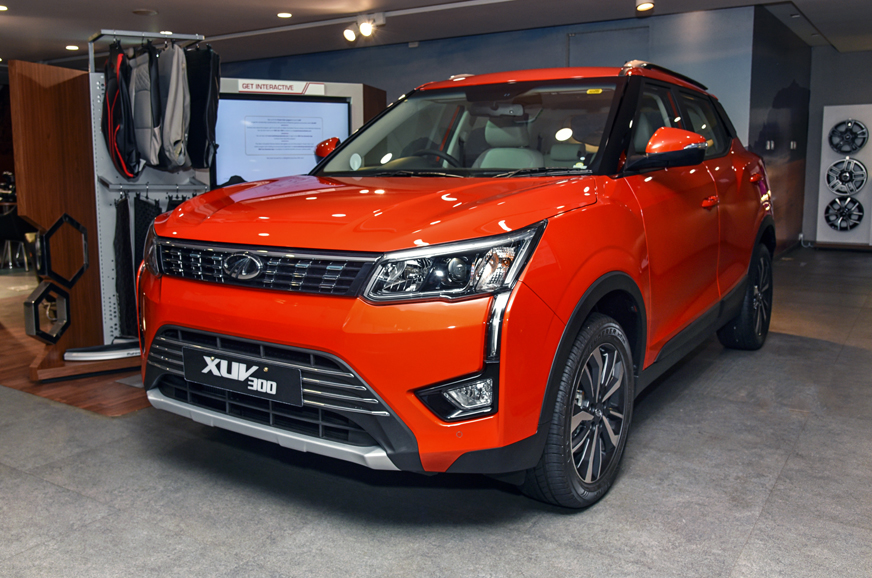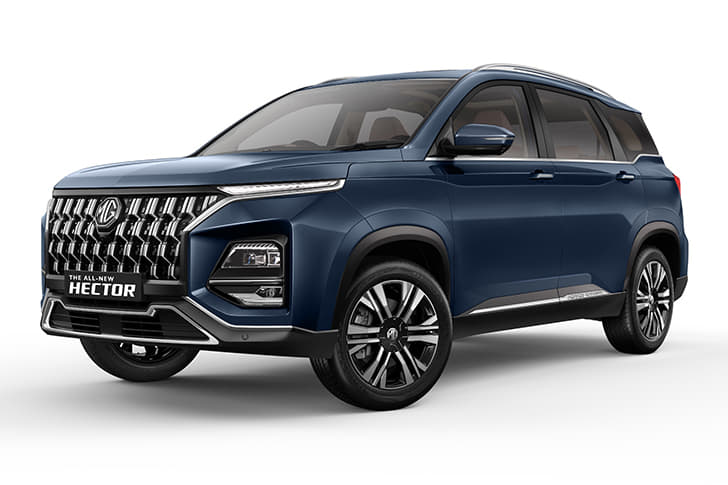Citroen recently took the covers off its first mass-market product for India. Called the C3, the hatchback shares its nameplate with the Citroen model from Europe. However, the company has said that barring the name, there will be little else in common between the two cars. "C3 is our trade name for all of our mid-segment hatchbacks around the world, which does not mean it is the same model everywhere. This new C3 differs from the European version," said Vincent Cobee, the global CEO of Citroen.
- Except their names, Indian and European C3’s have few similarities
- Made-in-India C3 to be exported to Indian subcontinent, East Africa
- Skoda-VW, Renault-Nissan also offer tailor-made India products
As such, the newer Indian C3 won't replace the European model in Citroen’s global portfolio – both models will have separate lifecycles. Commenting on the region-wise approach to tackling the midsize hatchback concept, Cobee cited differences in customer needs, road conditions and regulations as the primary reason. He also told Autocar India, “When you are in a very price sensitive market like India, you have to make sure that you are always at the right level of frugality so that the cost of your cars enables a very attractive value proposition for customers. So, we have done that.”
What is different about the Citroen C3 built in India?
Now in its third-generation, the European C3 is based on parent company PSA’s PF1 architecture. The model sports a typical, rounded-off hatchback design and comes packed with creature comforts. It is powered by 1.2-litre naturally aspirated and turbocharged petrol engines, with a 1.5-litre diesel also on offer.
The made-in-India C3, on the other hand, is underpinned by the carmaker’s Common Modular Platform (CMP), which is a modified version of the PF1 and is meant to offer a cost effective architecture for emerging markets like ours. And though the Indian C3 does wear characteristic Citroen design cues, like the double chevron logo flowing into a split headlamp arrangement, its silhouette is far removed from its European counterpart. The India-bound C3 sports an upright profile with plenty of SUV design cues like a raised bonnet line, high ground clearance (180mm) and short overhangs.
In terms of equipment, Citroen India has put a major focus on connectivity, by equipping its hatchback with a 10-inch touchscreen infotainment system, Apple CarPlay and Android Auto. However, the company has omitted other features like pull-type door handles, power adjustment for wing mirrors, automatic AC and adjustable headrests for the front and rear occupants. All this points towards the C3 being aimed at the affordable end of the market in India and taking on rivals like the Maruti Suzuki Ignis and upcoming Tata Punch.
Moreover, the hatchback will have no diesel offering in our market, with motive force expected to be provided by a 1.2-litre turbo-petrol engine.
Tailored for India
Citroen is not the first manufacturer to attempt a specific platform approach for our market. Another recent example is the Skoda-VW combine. The group’s Kushaq and Taigun midsize SUVs are underpinned by the MQB A0 IN platform, which gets numerous India-specific tweaks compared to VW’s global MQB A0 platform for small cars.
Even Renault and Nissan have gone down a similar path in the past. For instance, the alliance’s hardy M0 platform formed the basis for the India-spec Nissan Kicks and Renault Captur, though the latter has now been discontinued. In comparison, the international-spec Kicks uses Nissan Micra’s ‘V’ platform, while the Captur is built on the Renault Clio’s CMF-B architecture.
Export plans for made-in-India Citroen C3
Citroen has stressed that the C3 will be launched with a competitive positioning in our market. While over 90 percent localisation of the model will certainly be instrumental, what will further help is greater economies of scale. The company has confirmed that it will be exporting the made-in-India C3, in a right-hand drive (RHD) configuration, to other developing markets.
“The Indian customer is one of the most demanding. So if you manage to have a competitive vehicle for India, that vehicle is likely to be competitive in many parts of the world. There are a number of destinations where, either as CBU (completely built-up unit) or CKD (completely knocked-down unit), made-in-India vehicles will be very attractive, in terms of quality as well as cost,” chimed Cobee.
Narrowing down on the export markets, he said, “Some of these countries are in the Indian subcontinent.” Nepal and Bhutan are the likely contenders. “Another obvious destination is the East coast of Africa, which tends to be right-hand drive, and has a lot of existing trade agreements with India,” added Cobee.
Moreover, he mentioned that with the competence of Indian suppliers being second to none in the world, the company will also focus on exporting components from India. To that effect, Citroen is already exporting powertrain components and full powertrain assemblies from its joint venture facility with the CK Birla Group in Hosur, Tamil Nadu.
































